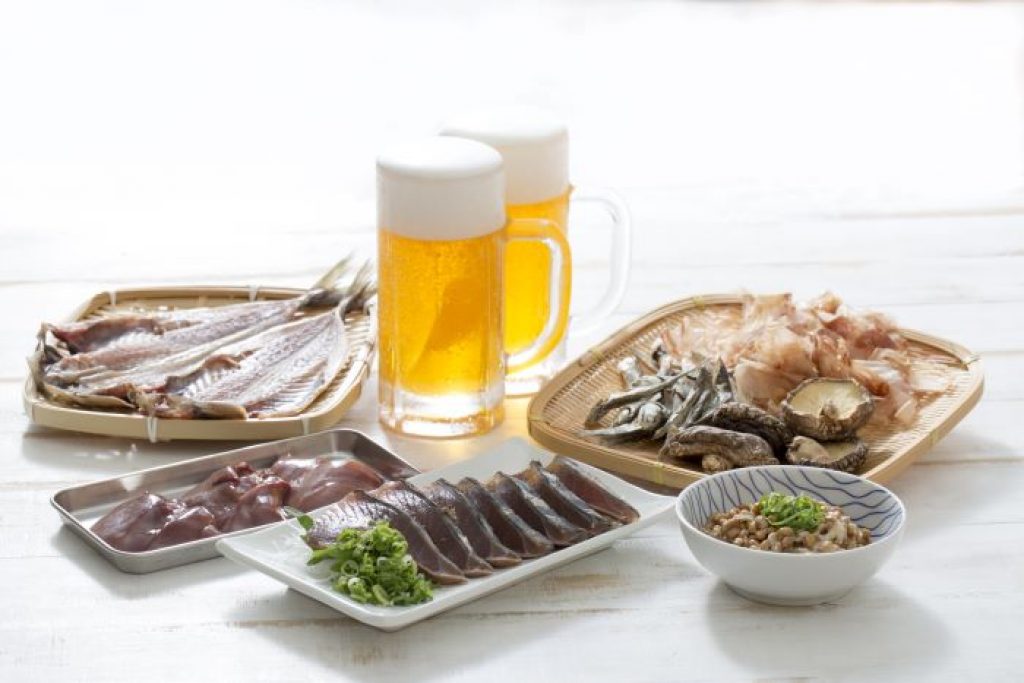
Avoid These: 10 Foods That Increase The Risk of Arthritis
Don’t Let Your Diet Dictate The Demise of Your Joints, Everyday Health and Well-Being, Eliminating Certain Foods May Help in Recovering from Arthritis! We’ve listed it for your convenience…
Related Topics (Sponsored Ads):
Arthritis is a disorder that causes one or more joints to swell and become tender. The basic symptoms of arthritis are joint pain and stiffness, which generally worsen with age. The two most common types of arthritis are osteoarthritis and rheumatoid arthritis.
The degradation of cartilage the strong, slippery substance that covers the ends of bones where they meet to form a joint is the outcome of osteoarthritis. Rheumatoid arthritis is an autoimmune disorder in which the immune system attacks the joints, beginning with the joint lining. This might cause difficulty walking and intense discomfort while bending over or kneeling.
Certain foods can be instrumental in triggering or prolonging Arthritis. Treatments for rheumatoid arthritis vary depending on the kind. The basic goals of rheumatoid arthritis treatment are to relieve symptoms and improve overall quality of life. Take a careful look at these 10 foods that should really be avoided if you suffer from this painful condition.

Red Meat and High-Fat Dairy
Red meats have more fat, especially saturated fat, than white meats or plant-based protein. Red meat consumption has been linked to higher levels of inflammation, which may aggravate joint swelling and arthritis symptoms.
Dairy is a broad category that encompasses products ranging from yoghurt and cheese to milk and ice cream. As a result, nutritional information, such as the quantity of fat and sugar, varies greatly depending on the food. When you have arthritis, avoid full-fat dairy and items with added sugar in general since studies has established a relationship between a high-fat diet and inflammatory responses.
Fatty Acids (Omega-6) and Salt
Excess omega-6 polyunsaturated fatty acids might aggravate inflammation. Soybeans, maize, safflower, sunflower, canola oil, nuts, and meat are all good sources of omega-6 fats. Cook using olive oil, which is high in monounsaturated fat.
The sodium in salt is required by your body for numerous activities, but taking too much might lead to problems (and most of us get way too much). High salt consumption has been linked to increased inflammation and an increased chance of developing rheumatoid arthritis, according to research.
Beverages with Added Sugar and Fried Meats
Sugar is often found in soda, fruit juices, sweet tea, and other sweetened beverages. Try to keep your total added sugar consumption to no more than 9 tablespoons per day. For instance, a 12-ounce can of Coke has around 36 grammes of sugar, or more than 8 teaspoons. According to one research, even a low-to-moderate consumption of sweetened drinks causes inflammation.
Fried meals are often prepared in oils rich in saturated fat and omega-6 fatty acids. Both have been linked to an increase in inflammation as well as an increase in arthritic symptoms. Fried meals often include extra elements that might cause inflammation, such as breading, salt, and added sugar.
Foods in Cans and Alcohol
You don’t have to avoid all canned items; only those that are heavy in sugar or salt. Fruit bottled in syrup, for example, is often heavy in added sugar, which may cause inflammation. Look for canned fruit in water or fruit juice with no additional sugar. Many canned items, including vegetables, meat, and soup, include salt as a preservative. Look for items that are low in sodium or do not have any added salt. Limit your salt consumption to 2 grammes each day.
Because antioxidants are present in certain forms of alcohol, such as red wine, they may have anti-inflammatory qualities. In fact, it has been established that consuming no more than 5 ounces of red wine every day promotes joint health. Alcohol may cause a flare-up of other kinds of arthritis, such as gout. All forms of alcohol have been linked to an increased risk of getting gout and more frequent gout flares in studies.
Refined Carbohydrates, Processed Foods, Desserts and Candy
The majority of the fibre and nutrients are removed from grains when they are processed into white flour or white rice. As a result, the grain becomes a simple carbohydrate that is more likely to raise your blood sugar and promote inflammation.
Added sugars have no nutritional benefit. This is why they are often referred to as “empty calories.” Worse, they may increase inflammation. Limit your additional sugar consumption to 9 tablespoons per day. Candy, pastries, baked goods, ice cream, processed snacks, and condiments like ketchup and barbecue sauce are common sources of added sugar. Look for substances that end in “ose,” such as sucrose and fructose, on food labels to locate the grammes of added sugar.
Frozen dinners, lunch meat, baked products, fast food, and packed snacks are often produced with components that promote inflammation. They often include refined grains as well as additional sugars, salt, and fat to help them remain longer on shop shelves and retain their taste. A high-processed diet is linked to increased obesity and insulin resistance, which may aggravate arthritis symptoms indirectly.
Related Topics (Sponsored Ads):
Discover More






